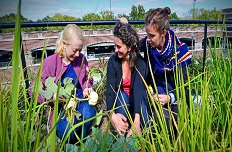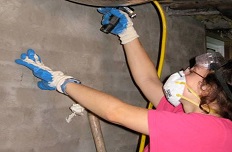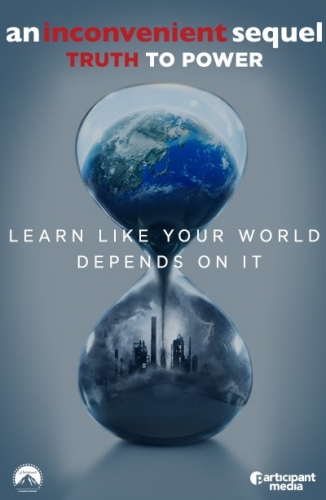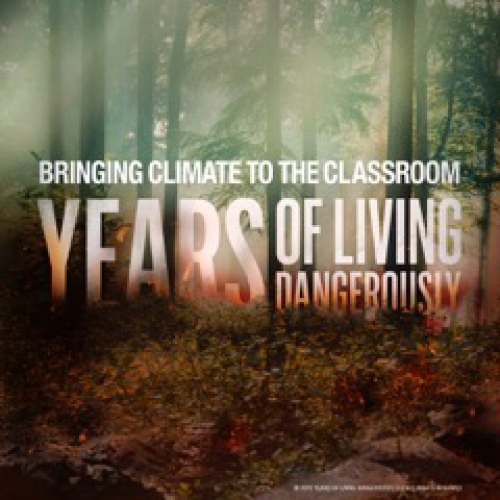Environmental justice first received national attention in the 1970s, when the citizens of a predominately African American community in Warren County, North Carolina, used their bodies to block the state government from dumping toxic waste in a landfill that could contaminate their water. Since then, many communities and their advocates have pushed for the rights of families of lower income and/or color to live in safe, healthy environments.
How can you help fight these injustices? There are many opportunities to make a difference.

Your project or campaign might provide a source of fresh food to communities.

You can also help retrofit lower income community homes with donated products to help citizens use less energy and therefore lessen their own carbon footprints.

Volunteer your time with a local community organization to assist with their environmental justice and community outreach work.
The United States Environmental Protection Agency defines Environmental Justice as the fair treatment and meaningful involvement of all people regardless of race, color, national origin or income with respect to the development, implementation and enforcement of environmental laws, regulations and policies. Unfortunately, many communities are the victims of serious environmental injustices.
According to numerous studies, including the resources below, and personal accounts, areas containing lower income communities and/or communities of color are often targeted as sites for the most damaging energy extraction and industrial practices.
Interested in pursuing a career in environmental and community justice? Check out the environmental and community justice careers outlook in the EcoLeaders Career Center to learn more about careers in the field, hear from professionals and map out your career plan.







